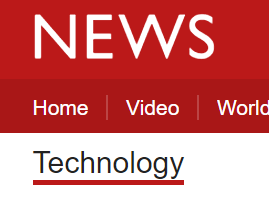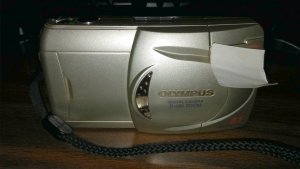erek
[H]F Junkie
- Joined
- Dec 19, 2005
- Messages
- 10,868
This is bad for consumers, but that's obvious. Wonder if they had technology and patents that could have been absorbed into other companies?
"The company also faced a major financial scandal involving senior executives in 2011.
Olympus is now seeking to strike a deal to carve off the camera part of its business so that its brands - such as Zuiko lenses - can be used in new products by another firm, Japan Industrial Partners.
In a statement, the Japanese company said that it was business as usual until then.
"We believe this is the right step to preserve the legacy of the brand," the statement said.
On social media, however, its UK team accepted that fans "may have many questions".
"We ask for your patience... Olympus sees this potential transfer as an opportunity to enable our imaging business to grow and delight both long-time and new photography enthusiasts," it said.
Olympus Corporation, however, will continue.
The company never stopped making microscopes, and has turned its optical technology to other scientific and medical equipment such as endoscopes."
https://www.bbc.com/news/technology-53165293
"The company also faced a major financial scandal involving senior executives in 2011.
Olympus is now seeking to strike a deal to carve off the camera part of its business so that its brands - such as Zuiko lenses - can be used in new products by another firm, Japan Industrial Partners.
In a statement, the Japanese company said that it was business as usual until then.
"We believe this is the right step to preserve the legacy of the brand," the statement said.
On social media, however, its UK team accepted that fans "may have many questions".
"We ask for your patience... Olympus sees this potential transfer as an opportunity to enable our imaging business to grow and delight both long-time and new photography enthusiasts," it said.
Olympus Corporation, however, will continue.
The company never stopped making microscopes, and has turned its optical technology to other scientific and medical equipment such as endoscopes."
https://www.bbc.com/news/technology-53165293
![[H]ard|Forum](/styles/hardforum/xenforo/logo_dark.png)

